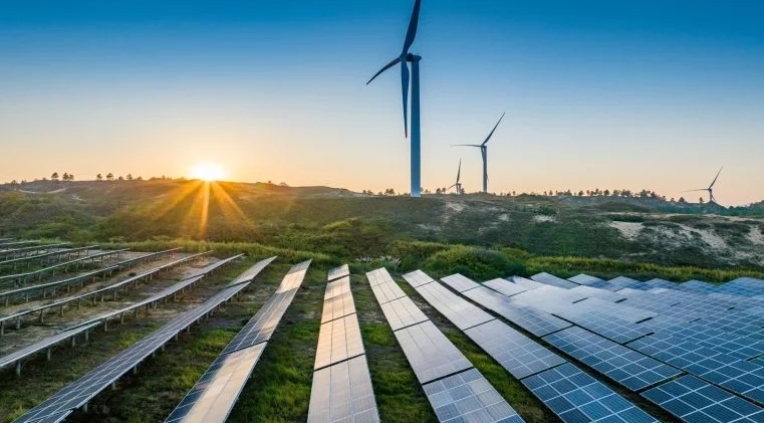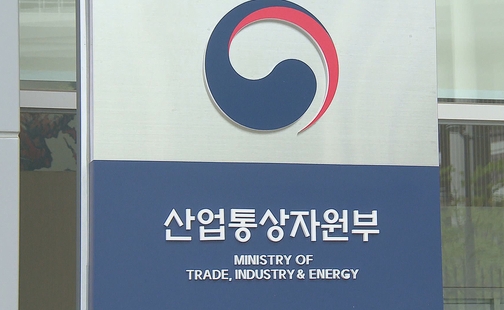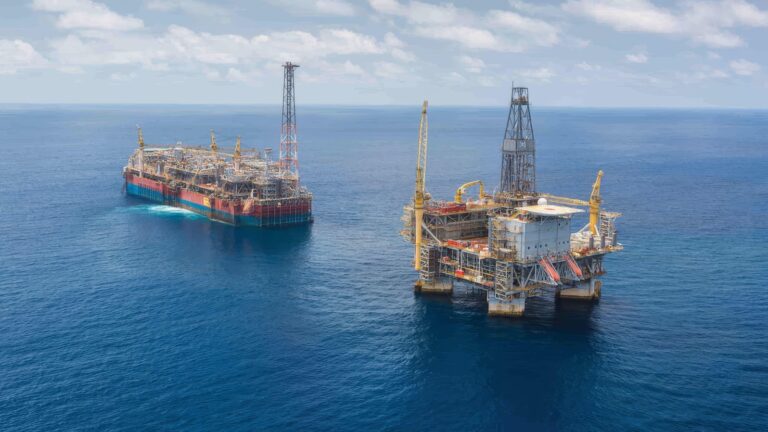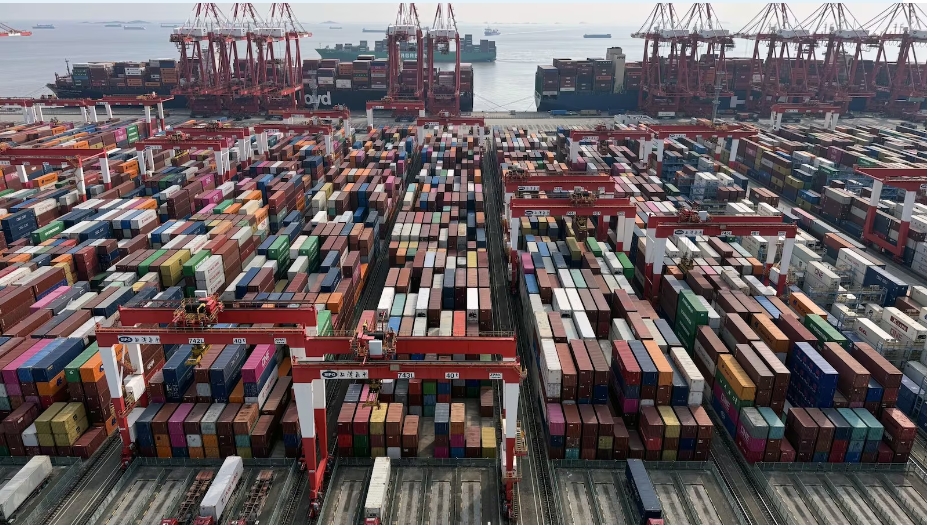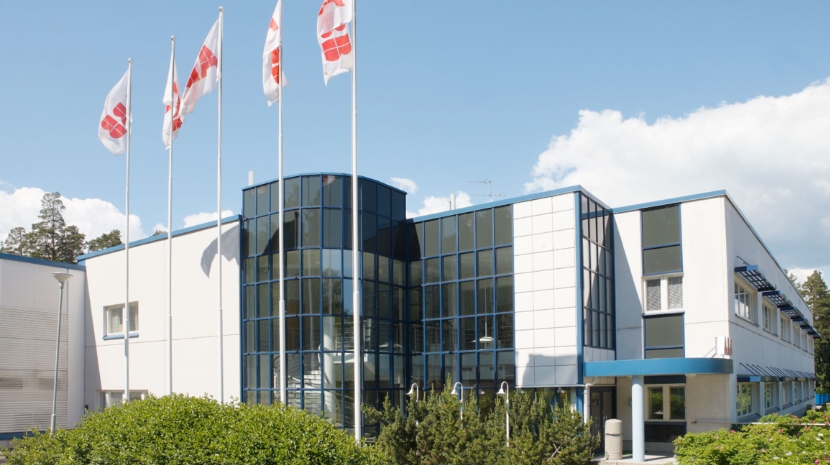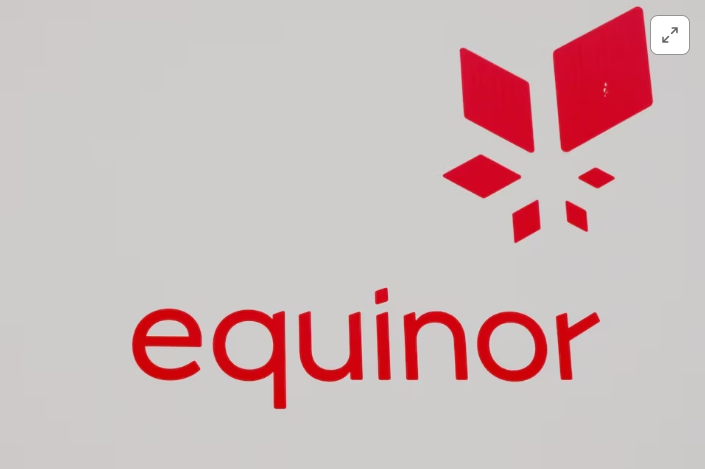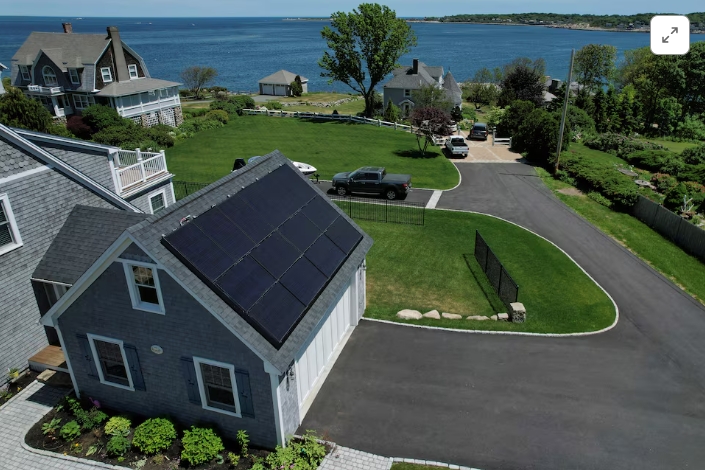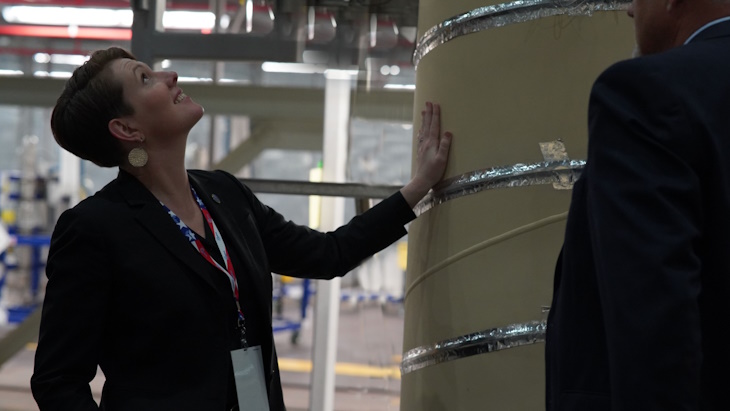
DOE Assistant Secretary for Nuclear Energy Kathryn Huff looks at one of the centrifuges during an event held to mark the activation of the HALEU demonstration cascade (Image: Centrus)
The plant is the first new US-owned uranium enrichment plant using US technology to begin production since 1954, according to the company. Enrichment operations began at the plant in October.
HALEU - uranium enriched to between 5% and 20% uranium-235 - will be used in the advanced nuclear fuel required for most of the next-generation reactor designs currently under development. The DOE has been supporting measures to ensure the availability of the material for those reactors when needed, and also to build a domestic HALEU supply chain.
"Centrus is proud to be pioneering American HALEU production, with our first delivery of the fuel that is urgently needed to support the demonstration and commercialisation of advanced reactors," said Centrus President and CEO Daniel Poneman. "This critical milestone is essential to meeting the Department's near-term HALEU needs, while laying the groundwork for the full restoration of America's lost domestic uranium enrichment capacity."
Construction of the 16-centrifuge demonstration cascade plant began in 2019, under contract with the DOE. The two-phase contract awarded to Centrus last year included cost-shared funding to finish the cascade, complete final regulatory steps, begin operating the cascade, and produce up to 20 kg of HALEU by the end of this year. The first phase of the contract saw Centrus and the DOE each contributing about USD30 million of the USD60 million overall cost.
The delivery by Centrus of more than 20 kilograms of HALEU to the DOE means that phase one of the contract has now been completed and Centrus can move ahead with the second phase: a full year of HALEU production at the 900 kilograms per year plant. In this phase of the contract, the DOE will pay Centrus on a cost-plus incentive fee basis for the HALEU the company produces. The HALEU which DOE has taken delivery of will remain on site in Piketon in a specially constructed a storage facility until it is needed.
Centrus says that with sufficient funding and offtake commitments, it could significantly expand production: a full-scale cascade of 120 centrifuge machines able to produce some 6,000 kilograms of HALEU per year could be brought into production within 42 months of funding being secured, and more cascades could be added after that. Building and operating such a plant would support thousands of direct and indirect jobs across a nationwide manufacturing supply chain, Centrus said.
